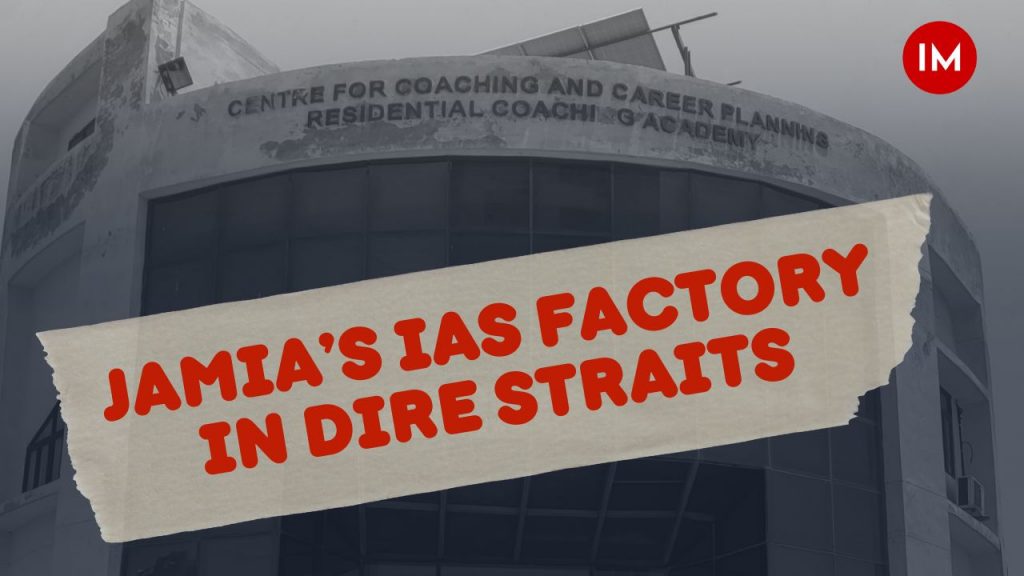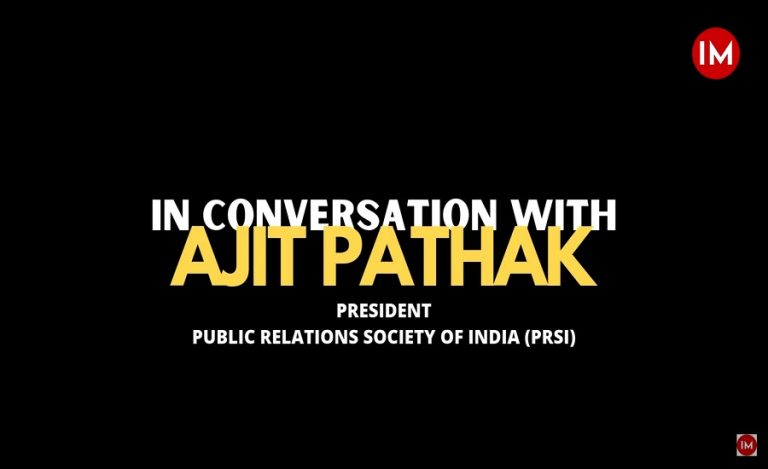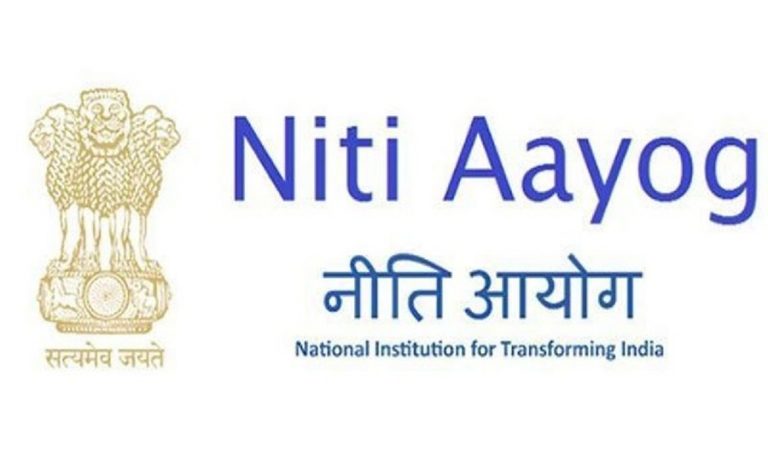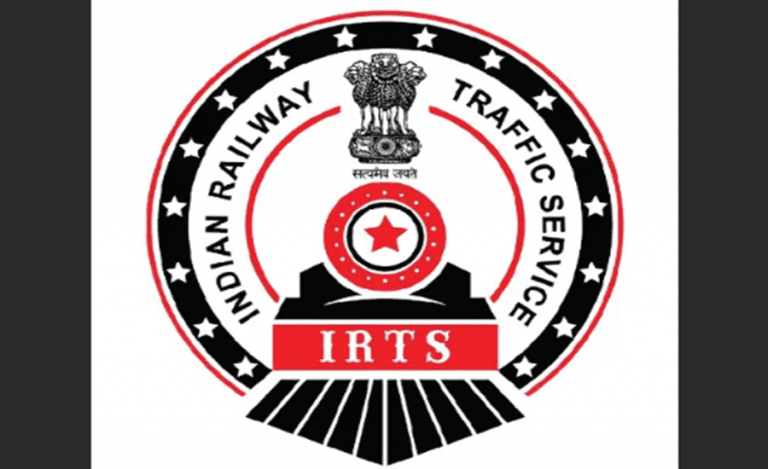“We get only 50 percent of the funds sanctioned to us and have an over 50 percent success rate. If we get 100 percent of the funds earmarked for the RCA, we might get 100 percent success,” says an RCA student in Jest who has just been selected for the UPSC CSE. But, looking at the sheer amount of data, the claim may not exactly sound like a boast.
During its 10-year existence, this government-funded institute has churned out more than 600 students who have been selected for central government services. Half of these students have been selected for the elite civil service. As many as 34 of its students, including AIR 5 Mamata Yadav, got selected for the CSE 2020. The centre improved its performance next year as 23 candidates got selected in the CSE, including All India Rank 1 topper Shruti Sharma.
Watch the video to learn about the full story:
The institute’s performance has only been going up ever since, with 27 getting selected in CSE 2022 and 31 including AIR 9 Nausheen being selected in the just-released result of CSE 2023.
RCA is not like other coaching programmes where anyone can just get admission by paying an exorbitant fee. There is no tuition fee here, and boarding too carries a minimal cost of Rs 1000 per month. A student also has to spend Rs 2500 per month for food charges. Hence, it’s not just any coaching institute but a lifeline for the underprivileged students who can’t afford expensive UPSC coaching.
One needs to clear an entrance test to be among the 60 students selected for preparation at this hallowed institution. But, even at the entrance, the institute ensures gender, caste, and community diversity. While only those belonging to the SC, ST, and Muslim communities are eligible for admission here, the condition doesn’t apply to women. “Our endeavour is to ensure representation for weaker sections in the civil service,” says RCA Director, Prof. Abid Haleem.
CRUMBLING BUILDINGS
But a visit to Jamia Milia Islamia brings out some stark realities. Its hostel buildings are crumbling. Plaster and paint on the RCA building housing classes, faculty offices, and libraries are peeling off too. The RCA is clearly facing a severe resource crunch.
The professor in charge, Prof. Abid Haleem, confirms. “RCA is fully funded by the University Grants Commission. But the UGC has, during the past years, not given us the full funds earmarked for us. This has resulted in a severe resource crunch and lack of maintenance.”
The RCA didn’t get any funds. “In 2018 and 2019, no funds were given to RCA. We got full funds in 2020 and 2021, and then again in 2022 and 2023, the RCA got only 57 lakh (almost half of the budgeted amount),” Prof. Haleem told Indian Masterminds. It means that in the last five years, the institute has budgeted for only 2.5 years, making it difficult to meet even basic needs.
50% GRANT GIVEN
UGC was supposed to give the RCA Rs 4.2 crore over the past five years. But it has doled out a mere Rs 2.27 crore. That has created a deficit of 1.9 crores, which is almost half of the grant it should have received.
But students have to take classes as per the subject chosen by them. The institute needs funds not only for salaries and the maintenance of hostels and libraries but also for the visiting faculties. “We pay guest lecturers only Rs 1000 for a one-hour lecture, which is peanuts compared to what private coaches pay. That’s why only those teachers come to our institute who wish to do social service,” says Prof. Haleem.
The main reasons for RCA’s stupendous success at UPSC CSE are the 24*7 library facility for students and the highly competitive atmosphere created by the super brilliant students selected through a three-tiered All India entrance test conducted on patterns on UPSC CSE. “Anyone clearing our entrance test can be assured of at least 85 percent of their chances of cracking the CSE prelims,” says Prof. Haleem.
RESOURCE CRUNCH
But the library is gradually becoming outdated as it hasn’t been acquiring the latest books and other study material due to a lack of funds. There are only 130 seats available in the library, though the number of students at RCA is more than 200.
Lack of funds is also hampering basic facilities like drinking water. Students have to go to other hostels to fetch water, as drinking water is available only in two of the four hostel blocks. Some of the washrooms, too, are unusable due to a lack of maintenance.
There is no power back-up, and the class rooms often plunge into darkness due to power cuts in the middle of a lecture. Even the air conditioning is poor. Everybody looks only at the success rate of the RCA; nobody bothers to look at the problems facing the institute. Let us hope the RCA’s success rate will go up several notches if its lingering fund problem is solved.

















